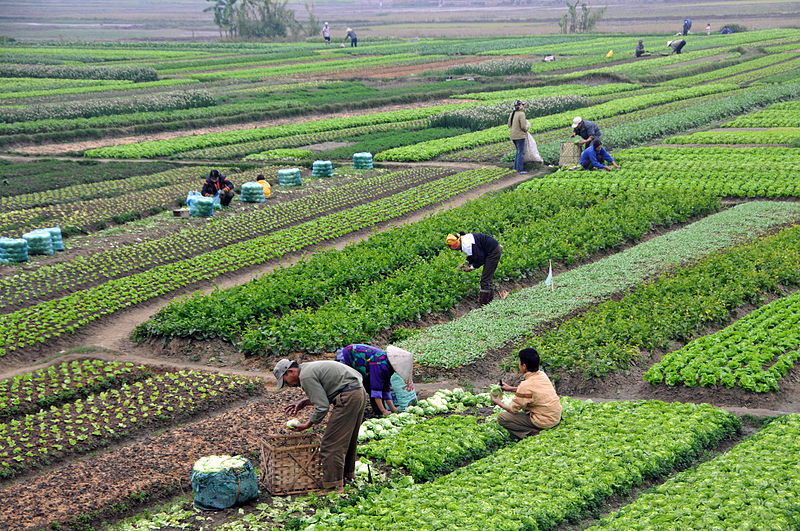Unlocking the Potential of Sustainable Agriculture: Cultivating a Greener Future

Sustainable agriculture encompasses a spectrum of practices that aim to revolutionize traditional farming methods by prioritizing environmental health, social equity, and economic viability. It represents a departure from the conventional approach of maximizing short-term productivity at the expense of long-term sustainability. Let’s delve deeper into some of the key aspects:

- Diversity in Crop Production: Traditional agriculture often relies on monoculture, where a single crop is cultivated over large areas. Sustainable agriculture advocates for polyculture, where multiple crops are grown together. This not only enhances biodiversity but also improves soil health and resilience to pests and diseases. Furthermore, crop rotation helps replenish soil nutrients naturally and reduces the need for synthetic fertilizers, which can pollute waterways and harm ecosystems.
- Animal Welfare and Integration: In animal agriculture, sustainability involves ensuring the well-being of livestock and minimizing environmental impacts. Sustainable farmers may integrate animals into crop production systems, such as using chickens to control pests or grazing livestock to manage pasture health. This reduces waste and creates synergies between different aspects of the farm. Additionally, sustainable practices aim to reduce overcrowding and improve hygiene to prevent disease outbreaks, thereby promoting both animal and human health.
- Water Conservation and Quality: Agriculture is a major consumer of freshwater resources, making water conservation crucial. Sustainable agriculture employs techniques like drip irrigation and rainwater harvesting to minimize water waste. Moreover, practices like no-till farming and cover cropping help retain soil moisture and prevent erosion, which can degrade water quality by introducing sediment and pollutants into water bodies.
- Energy Efficiency and Renewable Energy: Transitioning to renewable energy sources is a cornerstone of sustainable agriculture. Farms can harness solar, wind, and hydroelectric power to meet their energy needs, reducing reliance on fossil fuels. Additionally, improving energy efficiency through measures like using energy-efficient equipment and optimizing farm operations further minimizes environmental impact.
- Soil Health and Carbon Sequestration: Healthy soils are essential for sustainable agriculture, as they support plant growth, regulate water cycles, and sequester carbon from the atmosphere. Sustainable farming practices focus on building soil organic matter through techniques like composting, cover cropping, and rotational grazing. This not only improves soil fertility but also helps mitigate climate change by storing carbon in the soil.
- Community Engagement and Education: Sustainable agriculture involves stakeholders beyond just farmers, including consumers, policymakers, and communities. Educating consumers about the benefits of sustainable food choices and advocating for supportive policies can drive widespread adoption of sustainable practices. Furthermore, fostering local food systems and supporting small-scale farmers promotes social equity and resilience in the face of global challenges.

Overall, sustainable agriculture is a multifaceted approach that seeks to transform the way we produce food, ensuring environmental stewardship, social responsibility, and economic prosperity for present and future generations. By embracing innovation, collaboration, and a deep respect for nature, sustainable agriculture offers a pathway toward a more sustainable and resilient food system.




